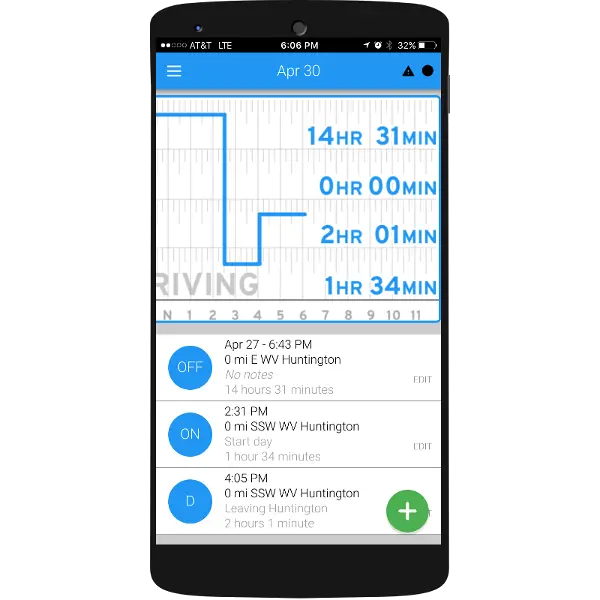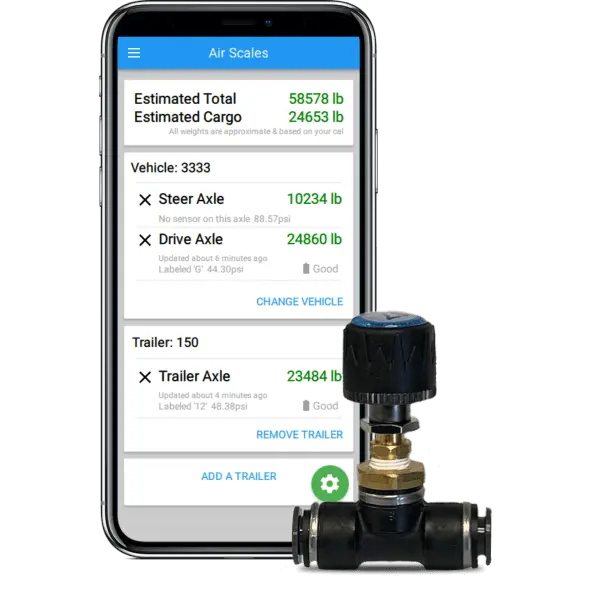
On June 28, The US Supreme Court overruled the Chevron Deference, which will likely lead to the undermining of many federal regulations. In the long term, this is very likely to affect the trucking industry and the regulations set in place by the FMCSA including those surrounding electronic logging devices (ELDs).
What was the Chevron Deference and what exactly changed?
The Chevron Deference had held for 40 years that courts must refer to agencies to interpret ambiguous laws that align with their work. Now that this has been overturned, however, courts are no longer required to do this.
Now that courts can decide what these ambiguous laws mean on their own, it opens the gates for federal judges to be the ones to change the policies rather than the experts on the matter at federal agencies.
How will the Chevron deference ruling affect the ELD mandate?
This ruling has the possibility to affect any industry in the country that has regulations and laws. The ELD Mandate and regulations are indifferent to the ruling. This means that the trucking industry could see some big changes because of how much the industry is dictated by these regulations.
Federal judges will be able to determine the meaning of regulation interpretations previously set by the FMCSA, whether or not the decision would be good for truckers and the trucking industry.
There are many different outcomes when it comes to how the trucking industry and the ELD Mandate and regulations will be affected by this ruling, but most of them can be sorted into three major categories: increased judicial examination, the impact on trucking companies and drivers, and long-term effects.
Increases in Judicial Examination
Without the Chevron Deference, courts might no longer use the FMCSA's interpretation of some of their regulations. This means that any regulations surrounding ELDs would be subject to closer judicial examination.
There may also be more legal challenges to FMCSA regulations, including ones related to ELDs. Without the FMCSA standing as the sole authority, there is a much better chance at getting different interpretations for regulations. Powerful associations like OOIDA or ATA, or some larger carriers, could challenge regulations they view as annoying or confusing, hoping for a more favorable interpretation from the courts.
How increased judicial examination affects the FMCSA and ELD Regulations
With changes depending on court rulings rather than the FMCSA, the interpretation of the FMCSA's ELD regulations could become less consistent. This could create uncertainty for businesses trying to comply with ELD regulations.
The overall authority of the FMCSA to enforce its interpretations of ELD regulations could be weakened, which could lead to less oversight in regulations. The FMCSA has its standard of making sure their regulations ensure the safety of all drivers on the road. The courts determining interpretations need only rule on sound legal argument, which might prioritize ease of doing business, efficiency, or profit.
Chevron deference's Impact on Trucking Companies and Drivers
Increased legal challenges and potential differences in interpretation could lead to higher compliance costs. Companies and drivers will need to adjust to new interpretations and requirements.
The frequent changes in interpretations that could come from the overruling could cause uncertainty in regulations, making it harder for trucking companies to comply.
Court decisions are often more difficult to navigate than a list of FMCSA regulations, making it challenging for truckers to find out how unclear regulations should be followed. As a result, complying with laws as intended by the courts becomes increasingly difficult for drivers.
Long-Term Effects
In the long term, Congress may need to pass more exact laws dealing with ELDs and other regulations to reduce confusion and limit the amount of judicial reinterpretation.
The FMCSA might need to change their rules and regulations to make sure they are more exact and less open to interpretation. This would lower the risk of successful legal challenges.
They might also create more detailed policies to stay unchanged by judicial scrutiny and to reduce the likelihood of unwanted court rulings.




